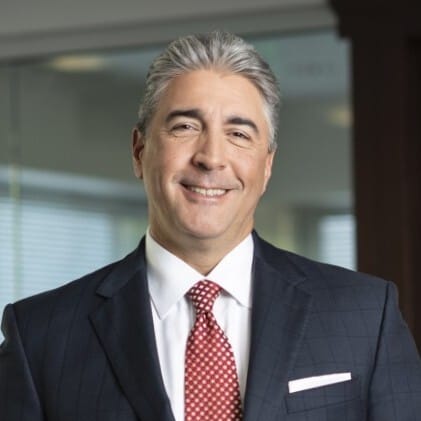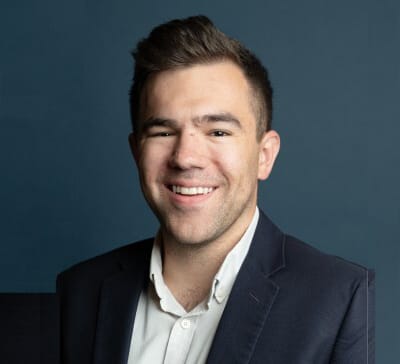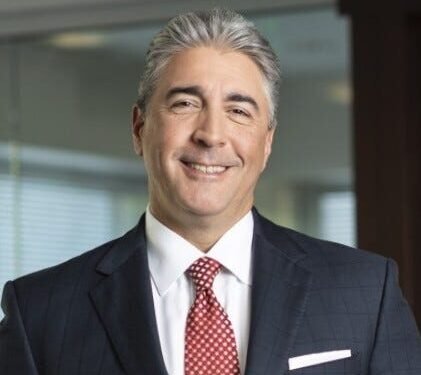New research shows that even do-it-yourself, younger investors are planning to work with a financial advisor in the next 12 months. The question is, are traditional wealth managers interested in their business?
According to recent research from J.D. Power, more than one-fourth, or 27%, of do-it-yourself investors are likely to use a financial advisor in the next year. That percentage is higher for Gen Y and Gen X DIY investors, at 37%, and lower for Gen X, baby boomer and pre-boomer DIY investors, at 21%.
Kapil Vora, senior director of wealth intelligence at J.D. Power, said the survey results indicate an opportunity for wealth managers to work with younger investors. The problem? Few traditional wealth managers work with younger clients.
According to Vora and J.D. Power’s findings, only 11% of clients at traditional wealth management firms are under 40, versus 20% at retirement/discount brokerage firms, 26% at banks and 42% at fintech firms.
“This is not a new trend, but it becomes more urgent with each passing year as banks, retirement firms/discount brokers, and fintechs expand their offerings and attract more of the younger demographics,” Vora said.
According to the research, the younger generation’s desire for advice is partly driven by current uncertain economic conditions, but in the longer term, they will likely seek advisors to help them manage inherited assets.
“Banks, fintechs and discount brokers/retirement players being stronger on the younger investor front, the traditional firms could have a weaker pipeline,” Vora said. “Generational wealth transfer could transfer wealth to the Gen Y/Z investors, plus they will make their own money. But will they at that point go to these traditional wealth firms or some of these other players? That’s the main question.”
Leo Kelly, founder and CEO of Verdence Capital Advisors, said the question of how to serve younger people who don’t yet have many assets has been around “forever” in the wealth management space.
“This is an age-old problem, and it’s an economic problem,” he said. “And it’s hard to fix, because even if I bring in an advisor and say, ‘serve these clients because they’re the future,’ [that advisor] would be out of business before those clients are the future.”
Kelly said Verdence has sought to bring younger clients into the firm in a more viable way.

Leo Kelly
First, he said, Verdence looks to serve clients’ “families as families,” meaning they pay attention to and give advice to all family members, including holding meetings with everyone.
Verdence also links younger advisors to more seasoned ones, with the junior advisors tapped to speak with their peer groups within clients’ families.
This March, the Hunt Valley, Md.-based RIA hired Sara Mouser as managing director of financial planning. The former director of financial planning with Cassaday & Company will build Verdence’s planning capabilities, including creating a pipeline for young financial planners to one day become wealth advisors.
Kelly also said the firm seeks to meet younger investors where they are in terms of content consumption. Verdence produces educational material about finances and budgeting through podcasts, videos and emails that are designed to be a reliable source of information, as opposed to the deluge of social media around finance and investing.
Ryan Johnson, a Grand Rapids, Mich.-based advisor who markets to people in their 30s and 40s, suspects the flood of online content about finances may be part of what’s driving younger people to speak with a professional.
“The younger generation may be more financially savvy, but that actually can create more demand because they know they shouldn’t be doing it all themselves,” he said. “Think of it like people who are very health conscious. They want to keep in shape, so they will turn to an expert because they value their opinion and advice.”
Johnson, whose firm Hundred Financial Planning is part of the XY Planning Network, said he understands that some of the more seasoned advisors with traditional AUM pricing models may not want to take on younger clients with fewer assets. As someone starting his own practice recently, he sees both demand and opportunity to work with people in the $25,000 to $750,000 asset range who value and need real planning and budgeting.
“I think that if you are trying to build [an advisory] business right now, you do yourself a disservice not to realize that these clients are abundant and need help,” he said.

Ryan Johnson
Johnson tells the story of a client who told him that he and his wife could use financial guidance but were afraid they didn’t have the assets. He saw that as the perfect client because he could help them work through their finances and determine the cash flow needed to make their goals and plans work.
Some argue that working with younger clients is a necessity to tap into the forecasted $84 trillion wealth transfer from baby boomers to younger generations.
But Johnson said he is not banking on wealth transfers with his clients to bring in more advisable assets.
People have reached out to him after getting an inheritance, but he attributes that more to how he positions his service offering.
“I do value-based advising,” he said. “Meaningful experiences continue to be a huge value to most people. I am there to help them fit those experiences into their life without changing their long-term plans.”
J.D. Power’s study also ranked client satisfaction to advised investors and DIY investment platforms.
The top-ranking advised investor firms were Raymond James, with a client satisfaction score of 748; U.S. Bank, with a score of 738; and Edward Jones, with a score of 734.
DIY investors gave Vanguard the highest marks, at 704, Fidelity Investments at 703, and T. Row Price at 691.
The study was fielded in 2024 based on responses from 7,876 investors working with advisors and 3,723 DIY investors.









